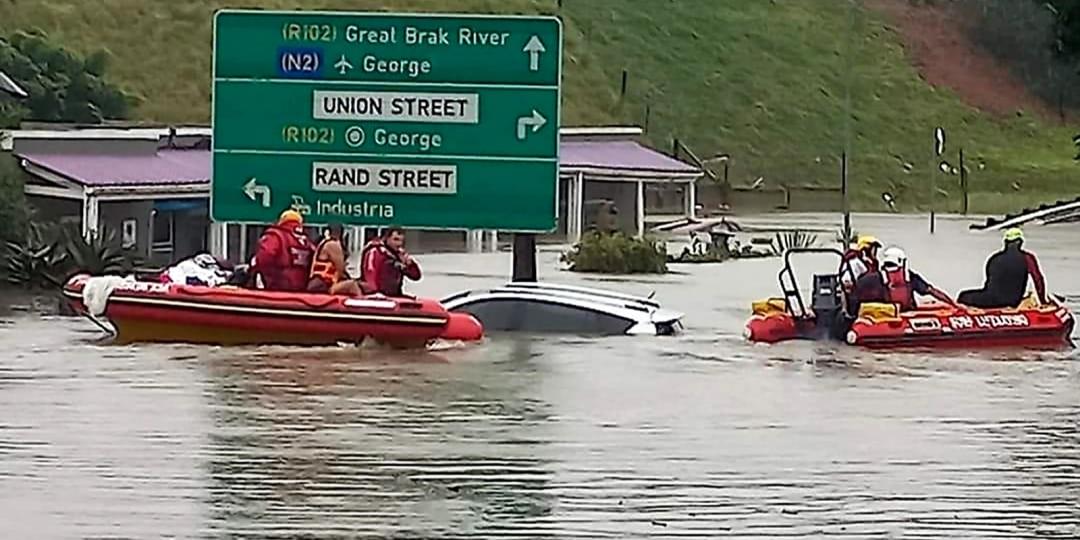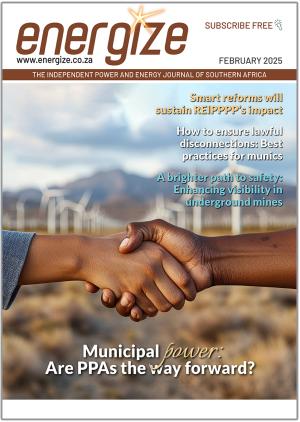by Godfrey Marema, Eaton
Global and local events are like a rollercoaster at the moment – from military action in Eastern Europe to political turmoil in Western Europe, natural disasters and consistent slow economic growth here in South Africa – all surging forward as the world slowly recovers from the devastating Covid-19 pandemic of the last two years.

While the news is heart-breaking and the events are daunting, we need to look beyond the immediate turmoil and seek hope, identify opportunities, and plan action. The last two pandemic years have shown us what is possible if we put our minds to it: commerce and trade carried on from people’s dining room tables and patios while innovations such as telemedicine were adopted without hesitation. Once it was all over, the world rebounded, having learned lessons in efficiency, on-demand retail, and how to work together to survive a global nightmare.
With the pandemic subsiding, new challenges have emerged. For example, the conflict in Eastern Europe has sent energy prices soaring – which has in turn compelled the world’s most energy-dependant countries to re-evaluate their source markets, and indeed their whole approach to energy.
In time, this is likely to accelerate innovation in renewable energy installations as countries seek to limit their dependence on other nations for key resources. At the same time, reducing costs and supporting moves to limit their impact on climate change remain paramount objectives.
The vulnerability of South Africa’s energy resources has again been highlighted by the implementation of emergency load shedding, with more expected through the winter.
Although significant increases in energy tariffs have been agreed to by the energy regulator, it’s likely that Eskom’s cost base will increase as coal prices surge due to scarcity in Europe, and the demand for coal exports rises as other countries’ hunger for the commodity grows.
It's clearer than ever that the transition to renewable energy needs to speed up, and the disruptions currently experienced across the world should be seen as catalysts for the rapid technological and behavioural change that we need to shift away from an unsustainable energy system that’s centred around non-renewable fossil-fuel resources.
Eaton welcomes the recently announced opening of Bid Window 6 of the Renewable Energy Independent Power Producers Procurement Programme (REIPPPP) for this reason, and is looking forward to more such opportunities for the South African market to become a global leader in alternative energy sources, from solar to hydrogen, and everything in between.
A collaborative effort from both the private and public sectors can help provide solutions and technologies which respond to the social issues around us.
This could be through bringing innovative solutions like microgrids to suburbs and communities, and through investing in skills development among the people who work for us so that they can grow and become leaders in their own right.
There really is no time like the present to approach current challenges as opportunities to change our business model, take action to change the way we seek energy, the way we harness and store it, and limit the climatic consequences of our actions, for the benefit and survival of future generations.
Godfrey Marema is the managing director and plant manager for Eaton in Southern Africa
Send your comments to rogerl@nowmedia.co.za















